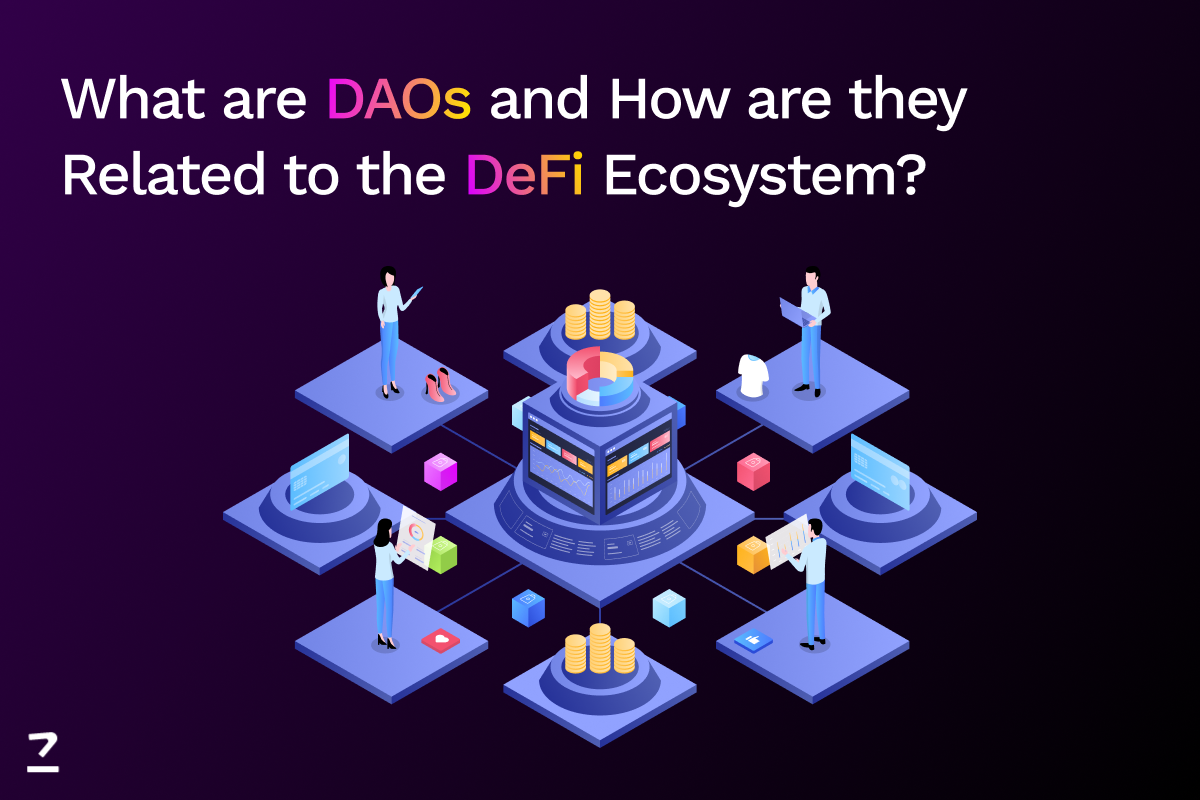Introduction to DAOs
We live in a world where decisions are often made behind closed doors by a select few. DAOs are flipping that script. They stand at the crossroads of technology and community, giving power back to the people. Let’s break it down and see why these digital collectives are more than just another blockchain buzzword.
The Evolution of Organizational Structures
Think back to traditional companies—hierarchies, executives, boardrooms. Everything flows from the top down. DAOs change that by being flat, open, and community-driven.
From Centralized to Decentralized
Centralization is like a single tree in a field. Strong but vulnerable. Decentralization? It’s a forest—resilient, interconnected, and impossible to chop down all at once.
What is a DAO?
Definition of a DAO
DAO stands for Decentralized Autonomous Organization. In plain terms, it’s a group of people coming together online to make decisions without a central authority, all managed by code on the blockchain.
How DAOs Differ from Traditional Organizations
Unlike corporations with CEOs and boards, DAOs operate through collective agreement and automated processes. No CEOs, no suits—just code, community, and collaboration.
How DAOs Work
Smart Contracts as the Backbone
Smart contracts are self-executing pieces of code that live on the blockchain. They automate everything—from voting to treasury management—based on rules agreed upon by the community.
Governance Tokens and Voting Power
Want to vote in a DAO? You’ll need governance tokens. Think of them as digital shares that let you propose changes and vote on decisions.
On-chain vs Off-chain Governance
On-chain governance happens directly on the blockchain—transparent but slower. Off-chain governance uses platforms like Discord or Snapshot for quicker, informal decision-making.
Key Features of DAOs
Transparency
Every vote, transaction, and decision is visible on the blockchain. No shady backroom deals.
Autonomy
Once the rules are set in the smart contract, the DAO runs independently, needing minimal human oversight.
Community-driven Decision Making
Everyone with a governance token has a voice. Decisions are made collectively, not dictated.
Real-World Examples of DAOs
MakerDAO
This pioneer created the DAI stablecoin and governs a massive decentralized financial protocol.
Uniswap DAO
Holders of UNI tokens vote on updates to one of the largest decentralized exchanges in the world.
ConstitutionDAO
A group of strangers united online to buy a copy of the U.S. Constitution. They lost the bid, but made history.
Why DAOs Matter
Empowering Communities
DAOs give people a real say in how projects evolve. It’s democracy, supercharged by code.
Removing Middlemen
No need for expensive executives or intermediaries. The community handles it all, saving time and money.
Boosting Innovation
When people feel empowered, they innovate. DAOs unleash creativity by letting members experiment and propose new ideas.
Challenges Faced by DAOs
Legal Uncertainty
Many governments still don’t know what to make of DAOs. Are they companies? Clubs? Something else?
Voter Apathy
Not everyone votes, even when they can. That can skew results and slow progress.
Security Vulnerabilities
Bad code or malicious actors can exploit smart contracts. Security audits are a must.
The Future of DAOs
Integration with Traditional Finance
DAOs could team up with traditional institutions, blending old-school trust with new-school transparency.
Global Governance Possibilities
Imagine borderless governments run by DAOs. Wild? Maybe. But not impossible.
How to Get Involved in a DAO
Buying Governance Tokens
Find a DAO you like and buy its tokens on a crypto exchange. Now you’ve got a voice.
Joining Community Discussions
Hop on Discord, Telegram, or forums. That’s where the real action happens—debates, ideas, planning.
Proposing and Voting on Initiatives
Once active, you can suggest changes, start proposals, and vote. You’re part of the DAO now.
Tools and Platforms for DAO Participation
Snapshot
A popular tool for off-chain voting. Easy to use and widely adopted.
Aragon
Helps anyone launch and manage a DAO without writing code.
DAOhaus
A platform to create and manage DAOs built on the Moloch framework.
DAOs and the Web3 Ecosystem
Synergy with NFTs and DeFi
DAOs often integrate with NFTs (like art collectives) and DeFi (like protocol governance), making them key players in Web3.
Building a Decentralized Internet
DAOs are laying the foundation for an internet owned and operated by users—not corporations.
Regulatory Perspectives on DAOs
Legal Recognition
Some places, like Wyoming, are starting to recognize DAOs as legal entities. But it’s still the Wild West legally.
Jurisdictional Challenges
Which country governs a DAO with global members? That’s a tricky question with no easy answer yet.
DAOs in Non-Profit and Social Impact Spaces
Charitable DAOs
Groups like Big Green DAO are using decentralized governance to fund school gardens and food education.
Climate and Sustainability Initiatives
DAOs are pooling resources to fund climate tech, conservation, and sustainability efforts with full transparency.
Conclusion
DAOs are not just a tech trend—they’re a shift in how humans collaborate. They bring democracy to the digital world, empowering anyone with internet access and a few tokens to shape the future. Sure, they’ve got hurdles, but so did every great invention. As we move deeper into the Web3 era, DAOs might just be the new normal.
FAQs
What makes DAOs different from regular companies?
DAOs are decentralized, operate via smart contracts, and decisions are made by community voting—not executives.
Can anyone start a DAO?
Yes! With the right tools and smart contracts, anyone can create a DAO.
Are DAOs legally recognized entities?
In some jurisdictions like Wyoming (USA), yes. But many places still lack clear legal frameworks.
What are governance tokens?
These are tokens that give holders voting rights in a DAO, similar to shareholders in a company.
How can I vote in a DAO?
By holding governance tokens and participating through voting platforms like Snapshot.
Read More Article About Crypto
